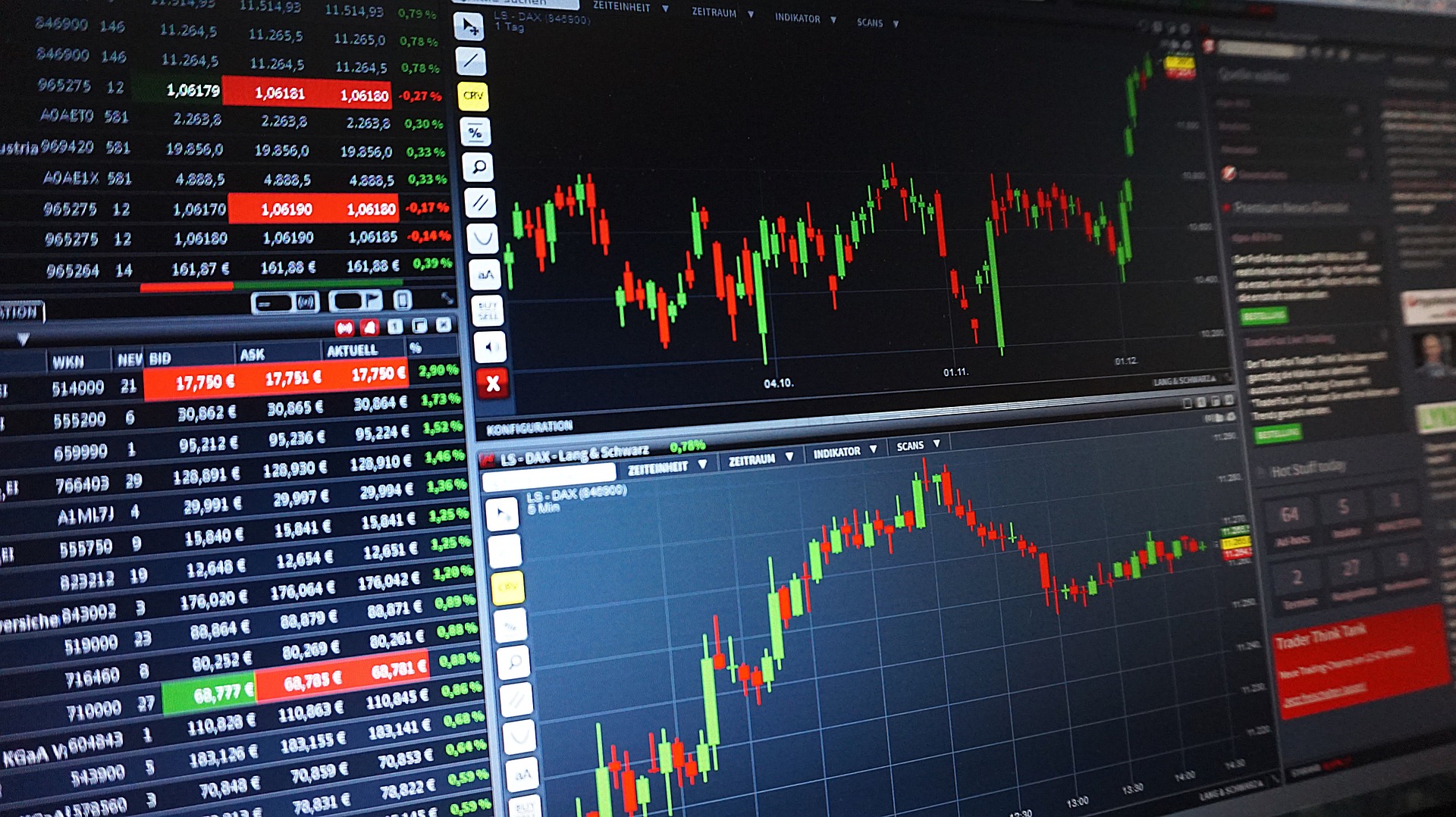To be successful in CFD trading, you need to be able to resist the temptation to overtrade. It can be difficult, especially when the market is rushing and you feel missing out on opportunities. However, overtrading can lead to costly losses, so finding ways to prevent it is crucial. We will discuss tips for preventing overtrading and keeping your trading strategy on track.
Make sure you have a plan and stick to it
When you are trading CFDs, it is crucial to have a plan in place before you begin. You should know what your goals are, what your risk tolerance is, and what you are hoping to achieve. Once you have a plan, it will be easier to stick to it and resist the urge to overtrade.
Set realistic goals
If you want to make a certain amount of money each month, be realistic about it. You will be unlikely to achieve your goal if it is too high. Conversely, if your goal is too low, you may be overtrading to try to reach it. Either way, set a realistic goal that you can achieve without overtrading.
Use stop-loss orders
Stop-loss orders are a great way to limit your risk and prevent overtrading. By setting a stop-loss order, you can ensure that you will sell your CFD position if it reaches a specific price. It can help you to avoid losses if the market turns against you.
Take your time
It can be tempting to act quickly when you feel like you are missing out on an opportunity. However, taking your time and thinking about your trade before entering it is essential. If you rush into a trade, you may make a mistake that could cost you money.
Be patient
Patience is critical when trading CFDs. The market will always be there, so there is no need to overtrade to try to make a quick profit. If you wait for the right opportunity, you will likely make a successful trade.
Keep your emotions in check
It’s important to remember that CFD trading is a business, and you should treat it as such. Do not let your emotions get in the way of your trading decisions. If you are feeling emotional, it may be best to take a break from trading until you can clear your head.
Avoid over-leveraging
When you trade CFDs, you are essentially borrowing money from your broker. It can help you make more enormous profits if your trades are successful. However, it can also lead to more significant losses if your trades go against you. As such, it is essential to avoid over-leveraging your account.
Do not chase losses
If you have made a losing trade, do not try to make up for it by chasing after gains, which is usually a recipe for disaster. Instead, accept the loss and move on. Cutting your losses is an essential part of successful CFD trading.
Review your trades
After you have made a trade, take some time to review it. Ask yourself what you did well and what you could improve upon. It will help you to learn from your mistakes and prevent them from happening in the future.
Conclusion
CFD trading is a lucrative endeavour that can bring in big rewards when done correctly. With time and practice, you should be able to get the hang of CFD trading and make fewer and fewer careless mistakes.






